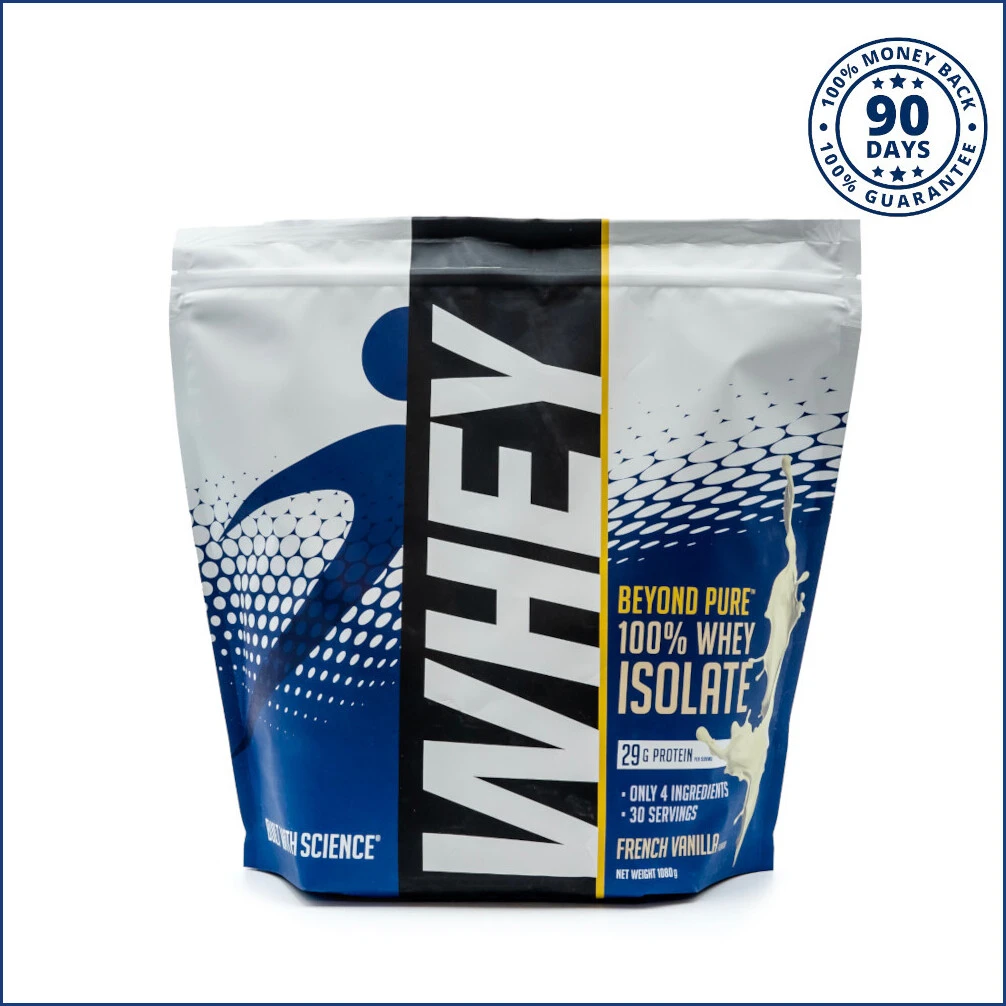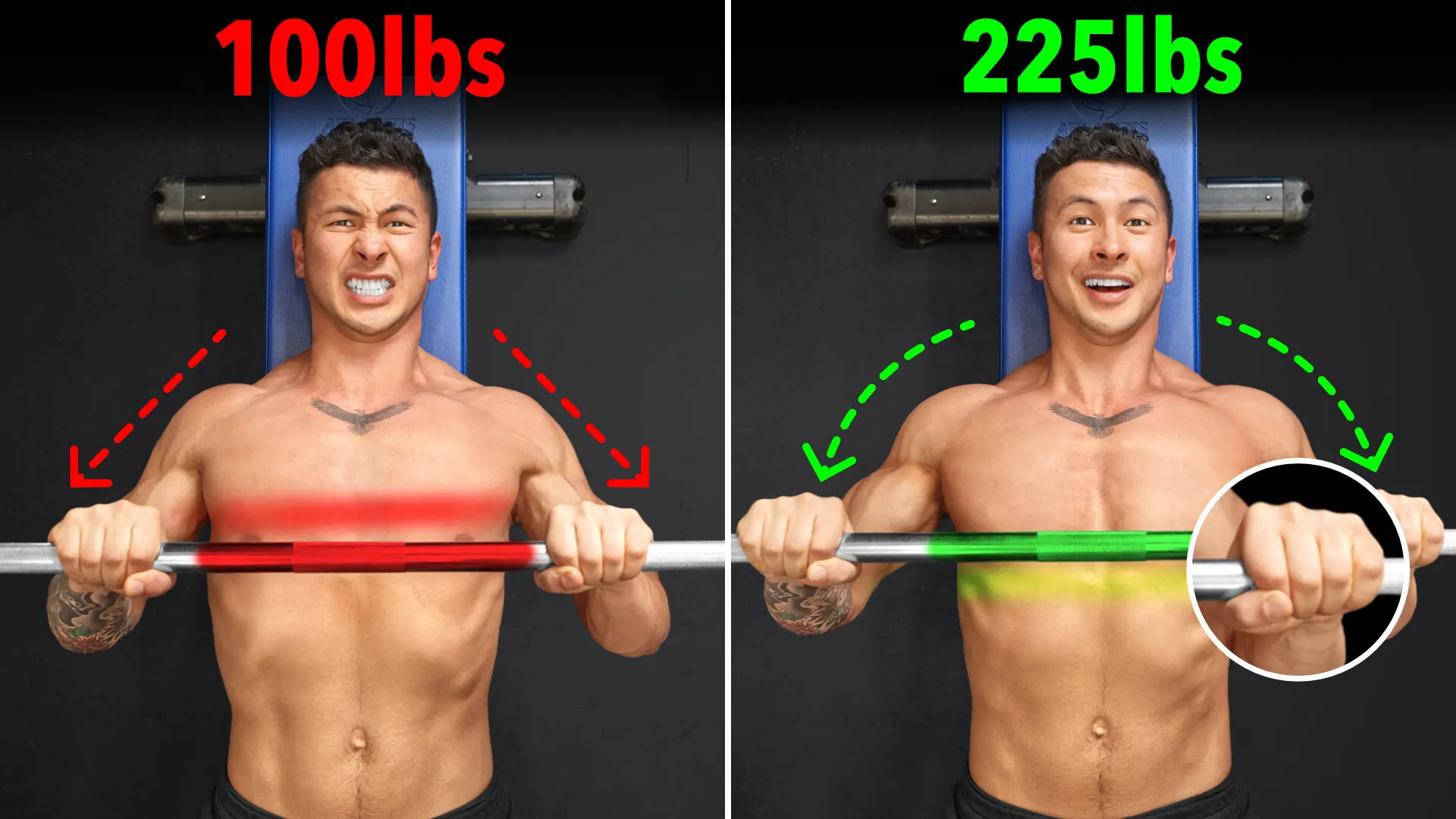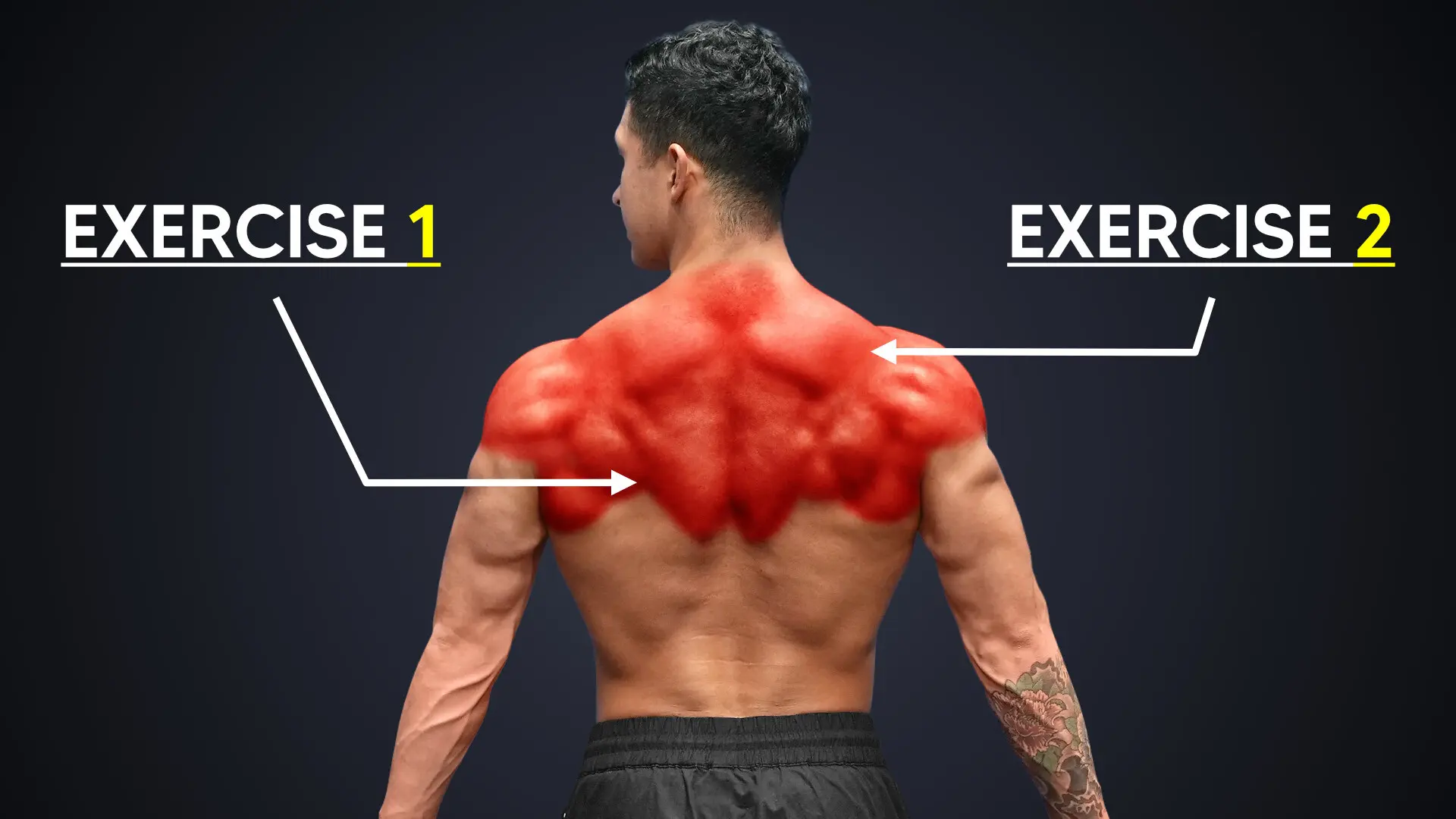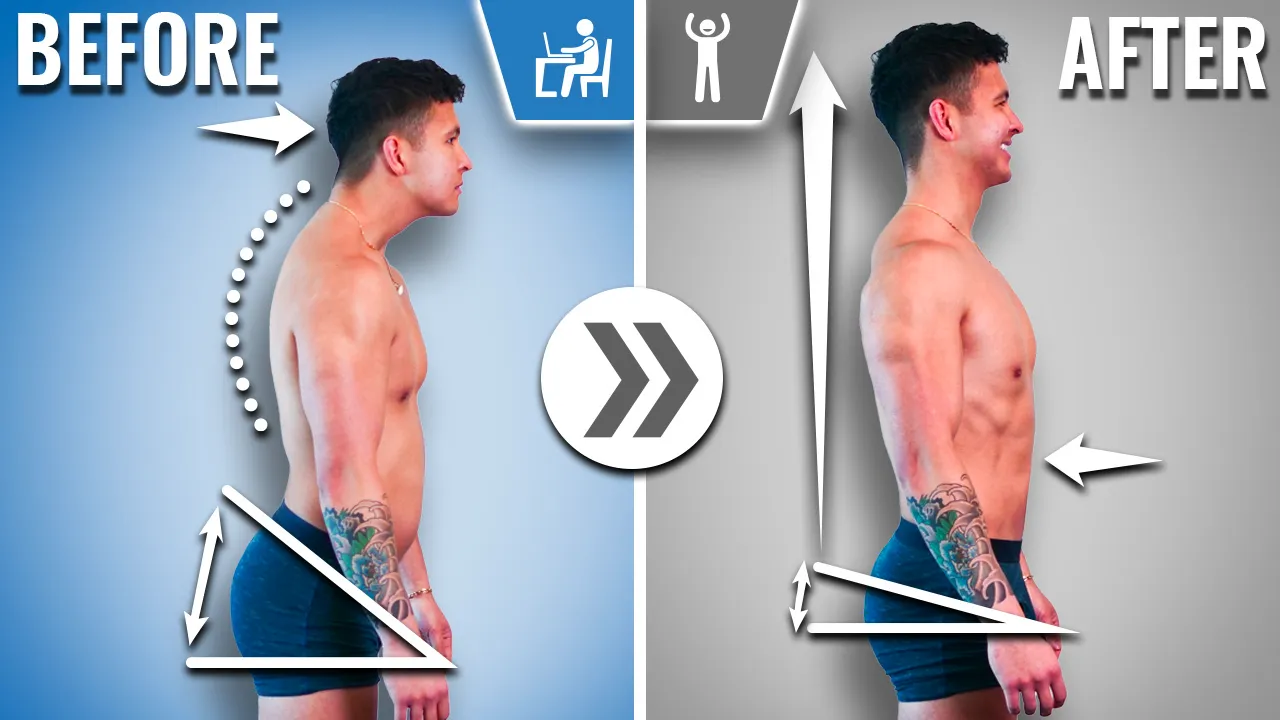
How To Improve Posture (In 5 Minutes)
How To Improve Posture
Forward head, rounded shoulders, and a hunched back.
Sound familiar?
Honestly, you don’t realize how bad your posture has become until someone snaps a pic of you.

Don’t worry, I'll show you how to improve your posture with my brand new and refined 5-minute posture routine, and I guarantee you’ll fix this in no time.
Let’s talk about how you got here in the first place.
Studies have revealed that most people sit on average for at least 6-8 hours a day.
And when they do, they're slouching when sitting.
But don’t feel the need to straighten up just because I said that. This slouching position isn’t necessarily “bad”. Some studies suggest it might even help you focus more. In fact, I’m slouching right now as I write this article.
The problem is most people stay locked in this hunched-back posture for hours on end every single day.
And your body is an adaptation machine.
Over time, it’ll tighten up certain muscles and weaken others in order to become more efficient at keeping this hunchback posture.
There are 5 simple yet extremely effective exercises you’ll need to know when learning how to improve your posture, starting with the upper body.
Top 5 Exercises to Improve Posture
Exercise #1: Over And Backs
The first exercise in our posture correction routine will help open up your tight chest and shoulder muscles.
I’ll show you how to make this work with a towel, blanket, or broomstick, but I’d highly suggest using a band, and you can check out the band I'm using here if you don't have one.
Start with your hands inside the band with your palms facing away from the sides of your thighs.
But if you’re using a towel or broomstick, grab it with a very wide overhand grip in front of your thighs.
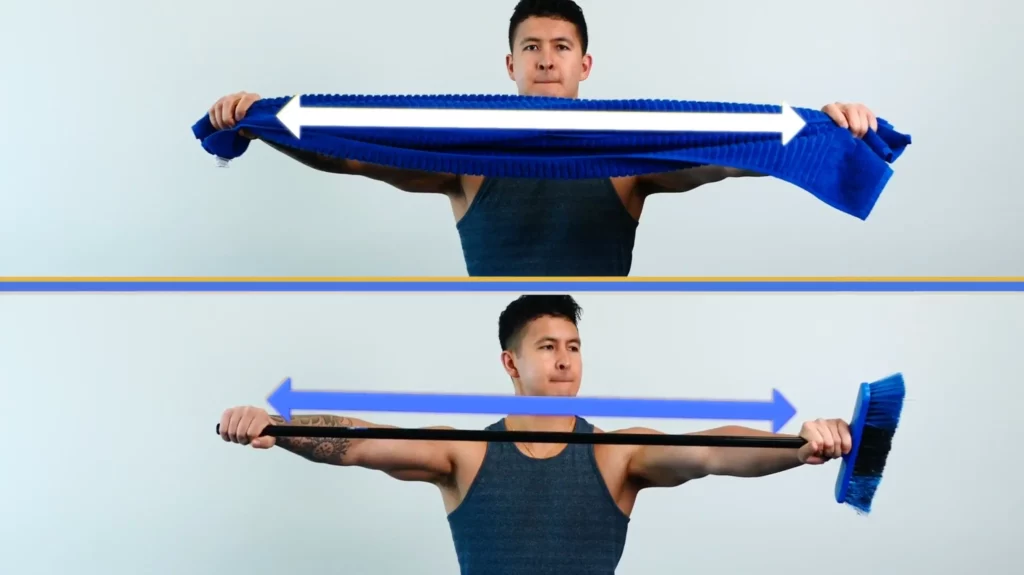
Keep your arms straight and move your arms in a circle up and behind your body. Let your shoulder blades and traps shrug up slightly on the way up, and then let your shoulder blades come down and back as your arms travel behind your body.
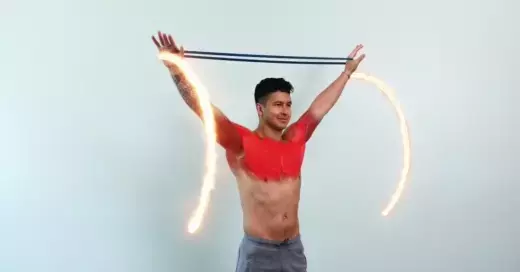
The benefit of using the band is you can widen it by pulling it apart during the spots where you’re tightest.
But if you’re really tight, your body will try to cheat by arching the lower back. Prevent this by keeping your core engaged.
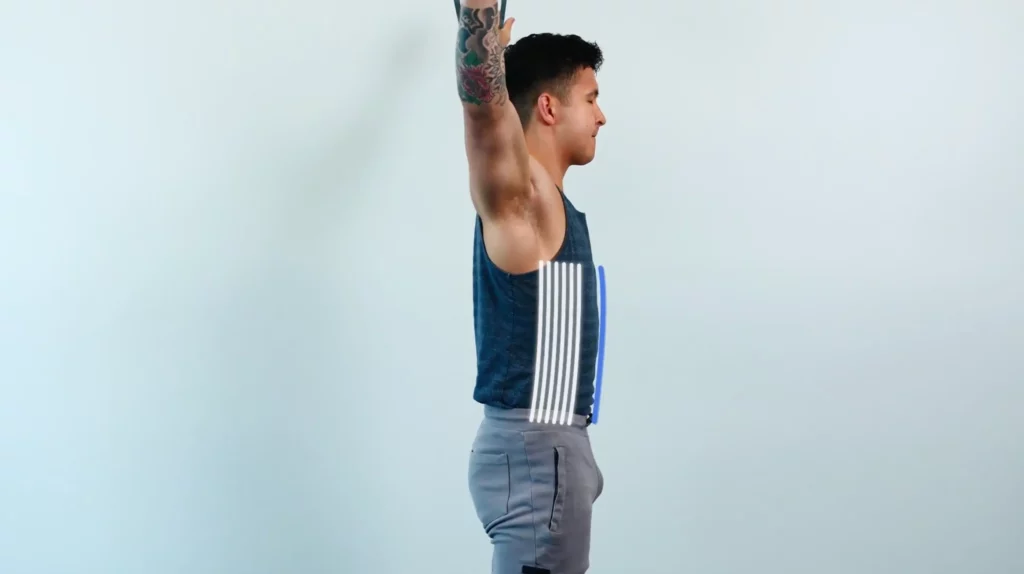
You may also notice some clicking in your shoulder or that you can’t keep one of your arms fully straight. That’s completely normal and will improve over time if you stay consistent with this 5-minute daily posture correction routine.
But once your initial grip gets too easy, you can deepen the stretch by looping the band around your palms to shorten it or take a narrower grip if you’re using a stick or towel.
As for how many sets and reps to do? Well, I'll write out the full 5-minute daily posture correction routine for you at the end of this article. So, for now, just focus on the form.
Exercise #2: Quadruped Back Rotations To Improve Posture
Next, before we get to strengthening your weakened upper body muscles in the rest of our posture correction routine, we need to unlock your tight mid and upper back.
- Start with all fours with your hands under your shoulders and knees under your hips.
- To make the stretch more effective, place a foam roller, ball, or folded-up pillow between your legs and squeeze it together.
- Engage your core to straighten your back and push the floor away to straighten your arms.
- Then, take a big exhale as you reach your left arm under and across your body as far as you can. You can allow your right arm to bend slightly as you do this. You should feel a deep stretch in your mid and upper back and maybe even your lats.
- From here, bring your left hand back behind your neck, push the floor away with your right hand, and follow your elbow with your eyes as you reach it up towards the ceiling only as far as you can. You should feel some of your mid and upper back muscles working as you do this.
- Hold the top briefly, then come back down and try to reach a bit further than last time.
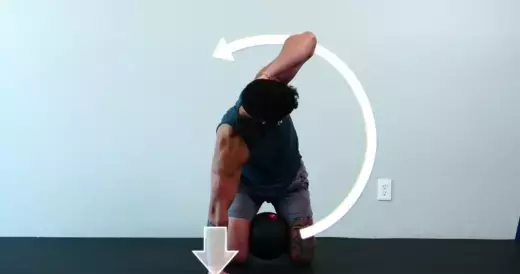
Once you do both sides, you may notice one feels a lot tighter than the other. That's perfectly normal.
Just do this exercise consistently, and it'll help correct that imbalance over time.
Exercise #3: Prone Arm Circles
So the first 2 exercises in the daily posture correction routine will temporarily open up your tight upper body muscles.
But to keep those results and fix your posture for good, you need to pair that with a strengthening exercise.
The one we’ll use strengthens your weakened back and shoulder muscles to help pull you upright. Here's how to do it:
- Lay on your stomach with your forehead on the floor and hands behind your head.
- Pull your elbows back, and imagine squeezing your shoulder blades together.
- Once you’ve gone as far as you can, extend your arms straight out to make a capital Y shape with your palms facing the floor.
- Keep your arms straight and held as high as you can above the floor, and begin to slowly move them in a big circle around your body. You should feel your mid back and shoulder muscles working as you do this.
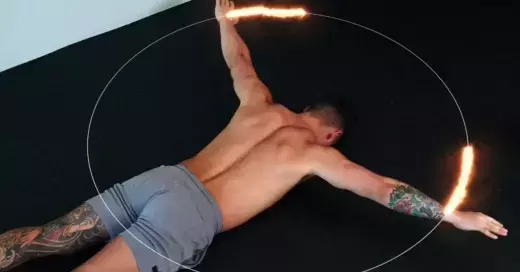
- As your arms come below a “T” shape, start to internally rotate your arms till your palms face the ceiling.
- Once your hands are close to your legs, bend your elbows and place the back of your hands on your low back, laying one hand on top of the other.
- Then, reverse the circle by extending your arms and slowly moving them back into the Y shape and then to the starting position with your hands on the back of your head.
I’ll be honest: this is quite a difficult exercise.
So if you’re having trouble with it, for now, try this instead when going through your posture correction routine:
- Keep your arms in that T shape with your thumbs facing up, and use your mid-back muscles to raise your arms as high as possible.
- Hold that top position for a few seconds while squeezing your shoulder blades together, and do about 5 to 10 reps of this until you build the strength to do the full exercise.
Sidenote: This Posture Correction Routine Won't Fix Your Posture Unless You Do This
Now before we move on to the lower body, it’s important you don’t just do this 5-minute posture correction routine and go right back to sitting in your chair for the rest of the day.
Of course, this posture correction routine will work wonders if you do it consistently.
But to fix your posture for good and honestly just feel better day to day, you need to make an effort to move more.
Break up your sitting with standing, go for more walks, or check out some of my workout articles to get you in the gym (I'll list a few I think you should 100% check out at the end of this article!)
In fact, studies have shown lifting weights can improve flexibility just as much as stretching does.
And for a science-based program that shows you exactly how to work out week after week to transform your body while improving your posture, mobility, and overall health, take my analysis quiz below to find the best program for you and your body:
Click the button below to take my analysis quiz to discover the best program for you:
↓
But for now, let's work on your lower body with our posture correction routine.
Exercise #4: Couch Stretch
So the main lower body muscle you need to strengthen is the glutes.
These often become weak in those who sit for most of the day.
But before we get to that, it’s important to first loosen up your hip flexors. Some research suggests that if this muscle is tight, it can inhibit glute activation. Here's how to perform the couch stretch:
- Start on all fours and set your right knee close to a wall or an elevated piece of furniture like a bench, couch, or chair.
- Use your hands to help put your back foot up on the wall or bench. The closer your knee is to the wall or bench, the more stretch you’ll create in your quads. So if you’re pretty tight, start out with your knee further away.
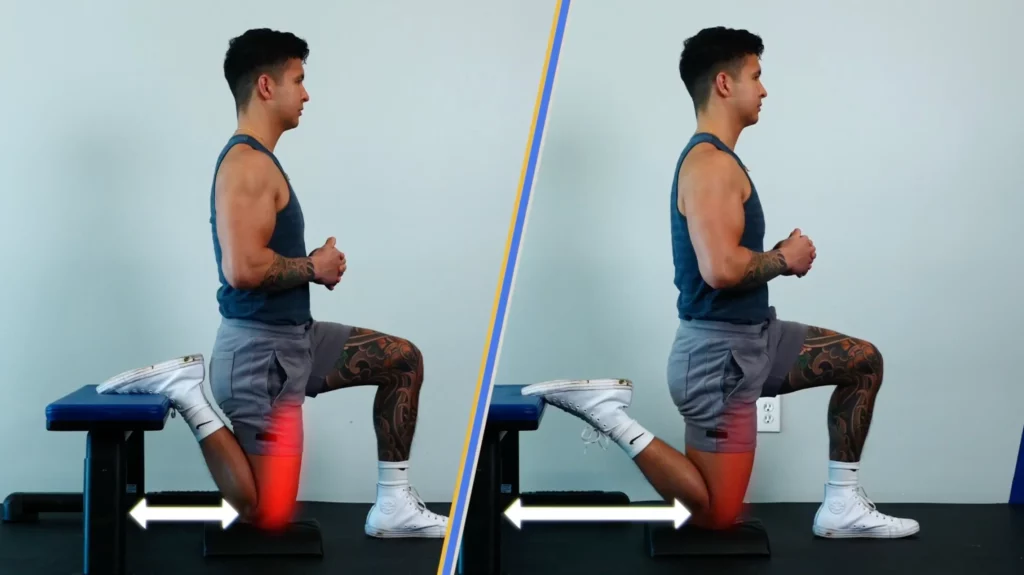
- Once you’ve set your foot, straighten your hips in front of you and step your left foot forward so your shin is vertical.
- Then, use your hands to help you get into the half-kneeling position.
- From here, brace your core and level your hips as if it was a bowl of water and you were preventing the water from spilling forward.
At this point, you should already feel a deep stretch in the quads and hip flexor of the back leg.
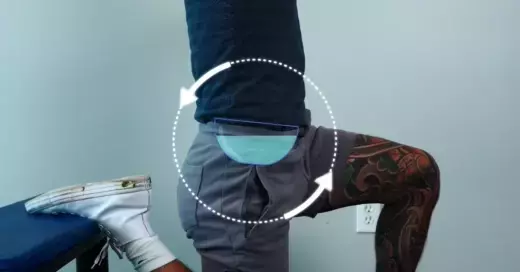
The intensity of the stretch should ideally feel like a 4 or 5 out of 10. To lessen the stretch, lean forward. Whereas to deepen it, push your butt towards your back foot.
Just make sure you don’t arch your lower back as you do so.
Exercise #5: Glute Bridge
Now you’re ready to strengthen the glutes. The exercise we’ll use for this in our posture correction routine is simple, but to maximize activation, it’s important you do it right.
- Lay on your back with your knees bent and feet flat on the floor.
- Engage your core to flatten your lower back against the floor.
- Without arching your back, squeeze your butt muscles hard, and then lift your hips up while keeping your glutes contracted.
- At the top, avoid arching your back. Instead, keep your core engaged and tilt your hips back by squeezing your glutes hard as if you had a 100-dollar bill between them and you were trying to prevent it from falling out.
- Hold this for 5 seconds before coming down for another rep.
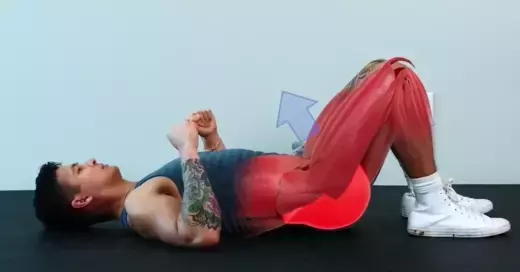
Now if you feel this more in your quads rather than your glutes, try walking your feet out further away from you. Whereas if you feel this more in your hamstrings, move your feet closer in.
And over time, to make this move more difficult and to help correct any strength imbalances you may have in your glutes, you can progress to working one leg at a time.
The 5-Minute Routine To Improve Posture
Here’s the full 5-minute posture correction routine.
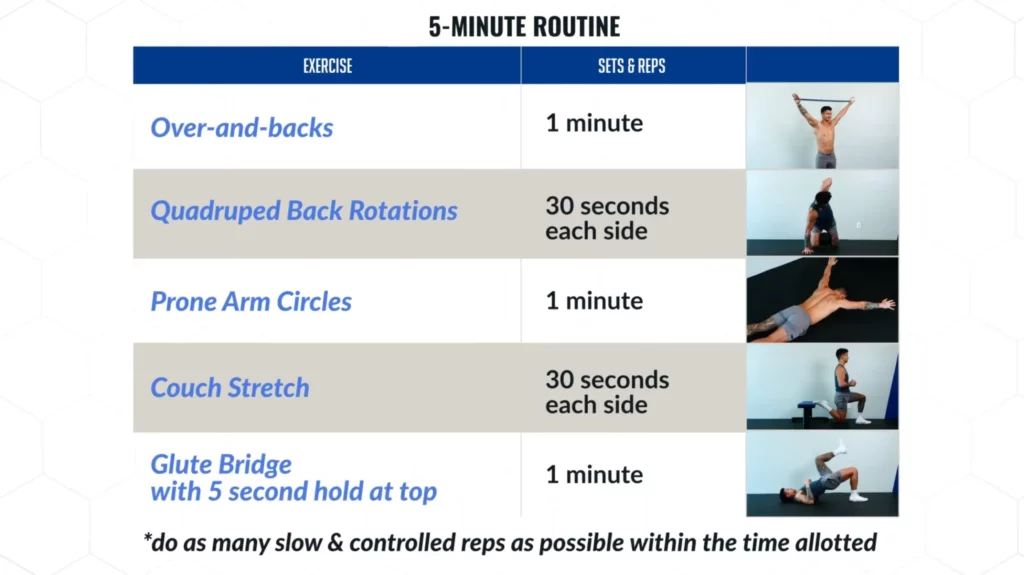
You can also download the full posture correction routine onto your phone completely free by clicking on the link below:
Click the button below to grab your FREE copy of the full posture correction routine:
↓
Try to do this posture correction routine at least twice daily and, again, when it comes to how to fix your hunched back for the long term, do make an effort to move more. Good luck with those posture exercises and click here to check out what I believe is the most underrated exercise to lose belly fat that you can start doing right now.

